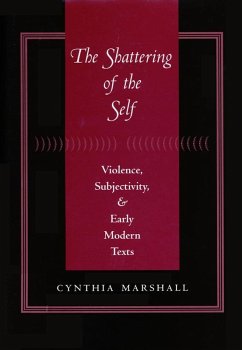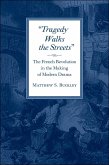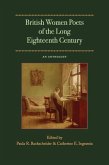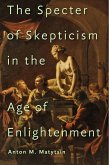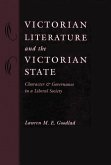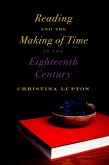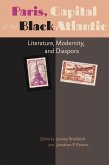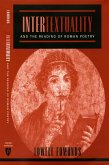In The Shattering of the Self: Violence, Subjectivity, and Early Modern Texts, Cynthia Marshall reconceptualizes the place and function of violence in Renaissance literature. During the Renaissance an emerging concept of the autonomous self within art, politics, religion, commerce, and other areas existed in tandem with an established, popular sense of the self as fluid, unstable, and volatile. Marshall examines an early modern fascination with erotically charged violence to show how texts of various kinds allowed temporary release from an individualism that was constraining. Scenes such as Gloucester's blinding and Cordelia's death in King Lear or the dismemberment and sexual violence depicted in Titus Andronicus allowed audience members not only a release but a "e;shattering"e;-as opposed to an affirmation-of the self.Marshall draws upon close readings of Shakespearean plays, Petrarchan sonnets, John Foxe's Acts and Monuments of the Christian Martyrs, and John Ford's The Broken Heart to successfully address questions of subjectivity, psychoanalytic theory, and identity via a cultural response to art. Timely in its offering of an account that is both historically and psychoanalytically informed, The Shattering of the Self argues for a renewed attention to the place of fantasy in this literature and will be of interest to scholars working in Renaissance and early modern studies, literary theory, gender studies, and film theory.
Dieser Download kann aus rechtlichen Gründen nur mit Rechnungsadresse in A, B, BG, CY, CZ, D, DK, EW, E, FIN, F, GR, HR, H, IRL, I, LT, L, LR, M, NL, PL, P, R, S, SLO, SK ausgeliefert werden.

